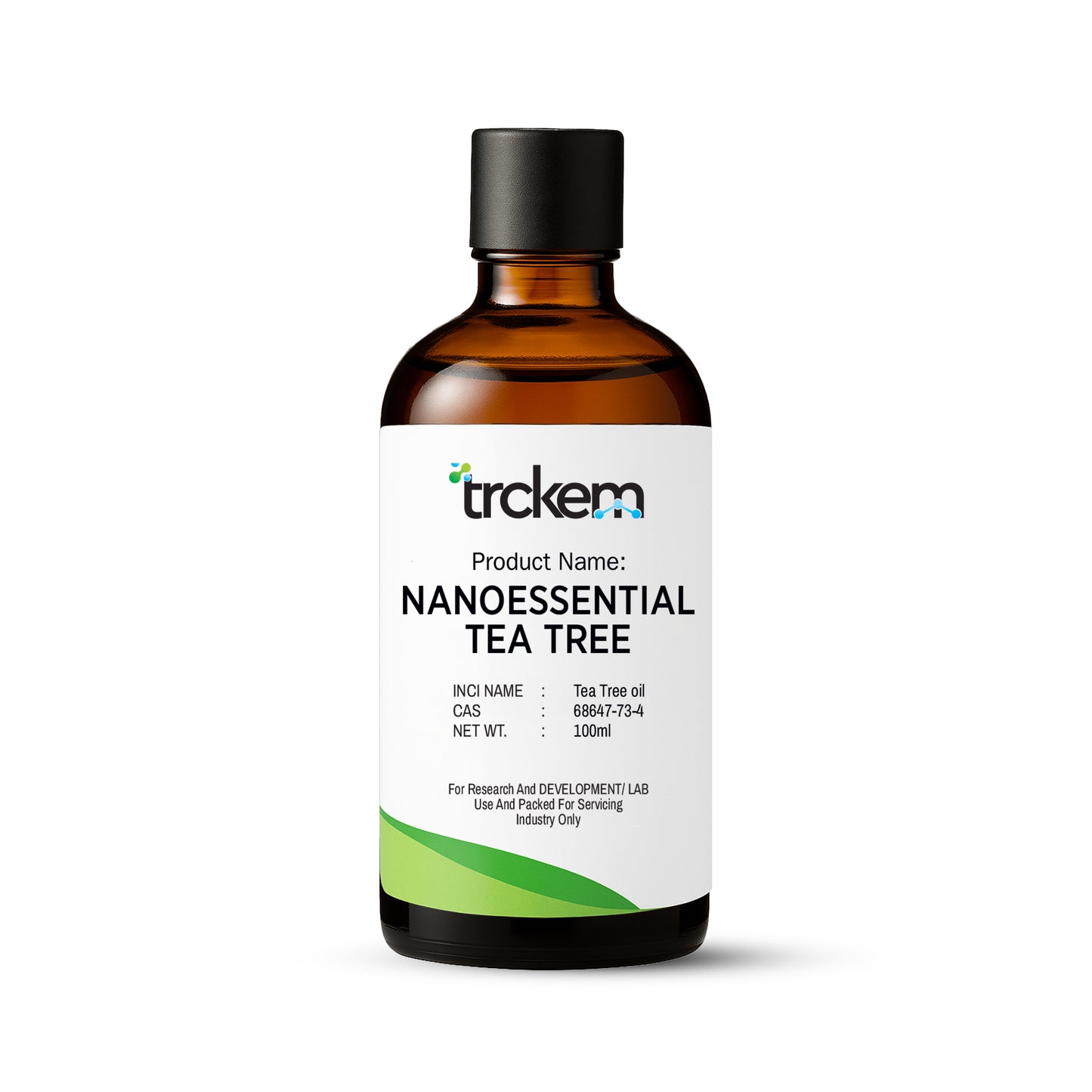
FAQ (Frequently Asked Questions)
1. What is Disodium Cocoamphodiacetate?
Disodium Cocoamphodiacetate is a synthetic amphoteric surfactant derived from coconut fatty acids, notable for its dual positive and negative ionic character. It appears as a mild, light-colored liquid with low viscosity, widely employed as a cleanser and foam booster in personal care formulations.
2. What are the CAS Number and INCI Name of Disodium Cocoamphodiacetate?
CAS Number: 68650-39-5
INCI Name: Disodium Cocoamphodiacetate
3. What benefits does it offer in personal care applications?
Mild Cleansing & Foam Boosting: Helps water mix with oils and dirt, enhancing cleansability while gently foaming.
Hair Conditioning: Adds body, suppleness, and shine, especially beneficial for damaged or dry hair.
Low Irritation & Gentle Formulas: Ideal for formulations targeting sensitive skin and even baby products due to its mildness.
4. Which personal care products commonly include Disodium Cocoamphodiacetate?
It’s frequently used in:
Skin Cleansing: Shampoos, baby shampoos, body washes, facial cleansers, hand soaps, shaving products.
Haircare: Conditioning shampoos, hair masks, and other formulations aiming to soften and manage hair.
5. Is it safe to use in personal care products?
Yes. Independent safety assessments by the Cosmetic Ingredient Review (CIR) Expert Panel have concluded it is safe when used as per standard concentrations and practices. This conclusion was reaffirmed in re-evaluations.
Additional studies show non-toxicity in oral and eye irritation tests, and non-mutagenicity in bacterial assays.
6. Can it cause skin or eye irritation?
Generally, no. Formulations containing even up to ~28% Disodium Cocoamphodiacetate in shampoos were non-irritating to eyes at tested dilutions (1–10%).
7. Is it environmentally friendly?
Low Human and Environmental Hazard: Classified by Environment Canada as not expected to be toxic, persistent, or bioaccumulative.
However, biodegradability is limited; at high concentrations (>216 mg/L), it may be toxic to bacteria in wastewater systems, forming recalcitrant metabolites.
8. Are there alternatives to Disodium Cocoamphodiacetate?
Yes. Comparable surfactants include Cocamidopropyl Betaine and Sodium Lauroamino Propionate.
9. Typical usage levels?
Usage varies by product type, with ranges like:
Shampoos & body washes: typically 5–30%
Baby products: employed due to its mildness, often at lower doses
10. How should it be stored and handled?
Store in cool, dry conditions, protected from direct sunlight.
Keep tightly sealed to preserve quality and avoid contamination.


